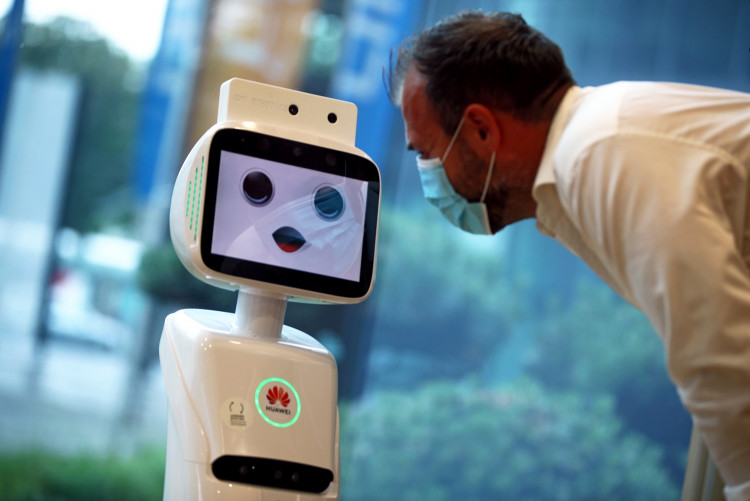A laboratory that is opening at Heriot-Watt University in Edinburgh, Scotland, is proposing new solutions to the COVID-19 crisis in the care sector. The new facility is aiming to design affordable tech that can support vulnerable people cut off from human contact.
The lab's team of researchers is positive that the facility will be the first to study assisted living that they can use remotely. According to the researches, while we all need help, people with mental and physical challenges need it more, especially if they want to do basic tasks without the help of others.
Assisted living facilities require the help of human workers, but due to the COVID-19 pandemic, things have changed radically. It's not just the care that will be delivered at a distance -- the lab itself will be open and remotely accessible.
The Laboratory for Ambient Assisted Living will be available to researchers all over the UK. In the longer term, it is hoped it will be open worldwide. Led by Dr. Mauro Dragone, the lab is part of the National Rototarium, a center for excellence in the U.K. and is a partnership between Heriot-Watt and universities in Edinburgh.
Dr. Dragone and his team's technologies could help residents in the U.K. diagnosed with dementia, persons with disabilities (PWD), and those living alone without the care of family or relatives. What makes the project special is that it encourages collaborative work, which means people are involved in the design process of the type of tech.
More than just designing caring robots, the lab plans to expand its expertise into building other systems that involve artificial intelligence, the Internet of Things, machine learning, data science, signal processing, microwave, and embedded systems, antennas, wireless sensing, and microsystems.
In the near future, the lab and its robot tech will be able to detect people's vital signs and monitor their mental health while keeping a safe distance. Experts will be able to identify problems and allow for better communication without having to be physically present.
According to Dr. Dragone, the project will also make way for friends and family to virtually visit assisted living patients. And to overcome isolation, the team could design robotic pets as well.
The project is being funded by the Engineering and Physical Sciences Research Council in the U.K. under its Impact Acceleration Accounts scheme. Heriot-Watt is hoping more organizations will collaborate with the project.






